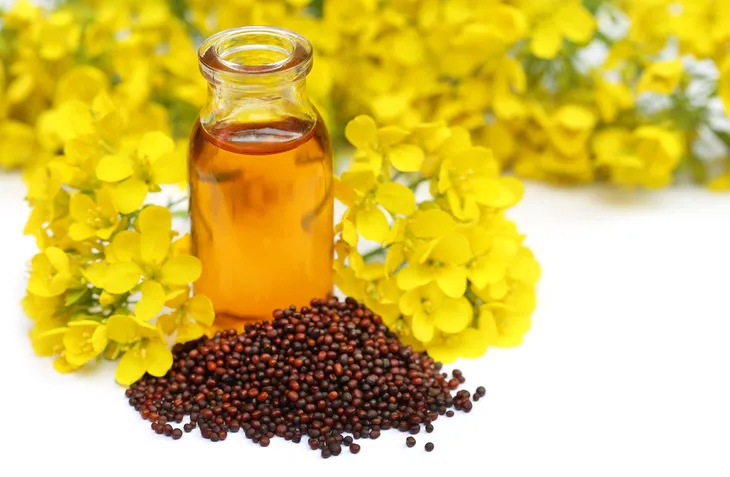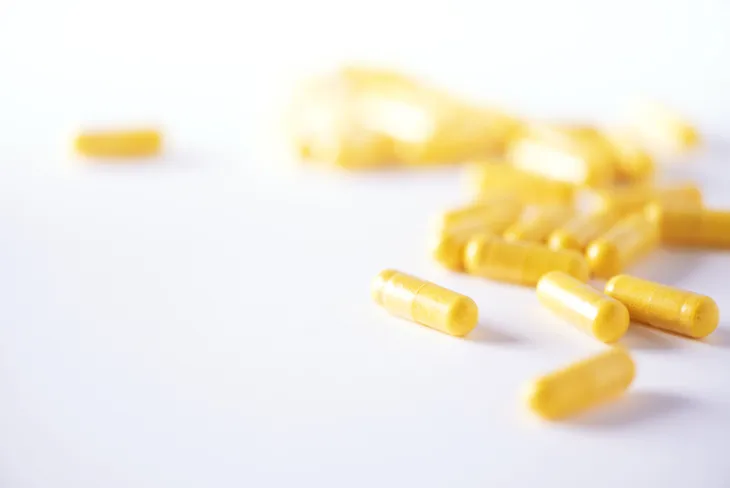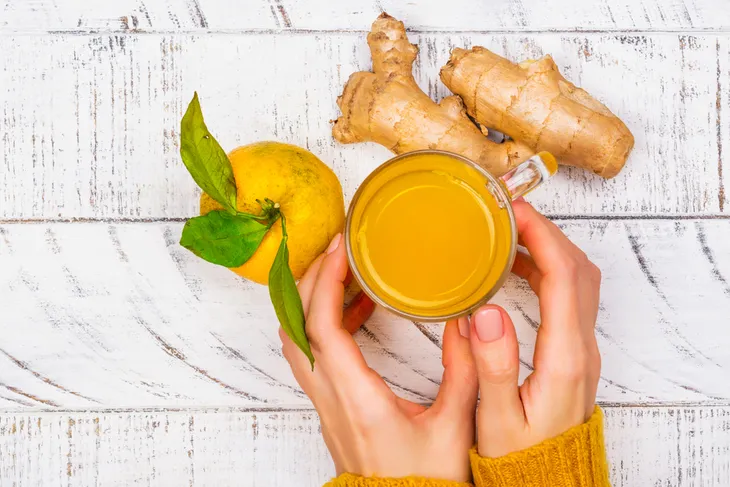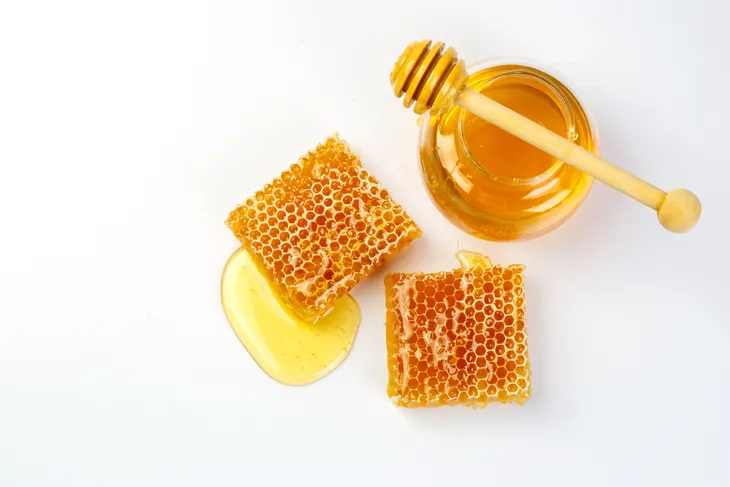Asthma is a condition that causes breathing to become very labored, which can limit activities or even lead to medical emergencies. While the steroidal or non-steroidal puffer (or inhaler) are usually the first lines of defense to open up constricted airways, they’re not the only solution.
If the asthma attack doesn’t require a trip to the hospital, then there are some natural remedies that can be applied. Many of these treatments are more geared towards helping to prevent a flare-up before it happens rather than stopping one, but remember you shouldn’t ditch the prescribed inhaler or avoid medical help if you really need it. Here are six suggestions…
1. Mustard Oil
HomeRemedyShop.com says that this derivative of mustard seed can be an ally in the fight against asthma. It suggests mixing in some camphor (distilled bark from a camphor tree or chemically manufactured, it doesn’t specify which) and massage it over your entire chest to relieve asthma symptoms.
Apparently, the temperature of the mustard oil mixture also makes a difference. “Make sure that you warm the oil before massaging with it so that your chest feels the warmth and gets relieved quickly,” adds the source.
2. Bioflavonoids
Bio-flavon-what you ask? Well, these are actually compounds you eat hopefully everyday anyway, as they’re responsible for giving fruits and vegetables their various colors, according to Best Health magazine.
These bioflavonoids apparently possess “powerful anti-inflammatory and anti-allergenic properties,” which is pretty useful when it comes to reversing the effects of asthma. The source points to one bioflavonoid in particular called quercetin, which inhibits the release of histamine that’s part of immune responses to allergies. The source suggests taking 500-milligrams of quercetin three times a day, 20-minutes before meals (or get it from eating apples, peppers, tomatoes, cabbage, or citrus fruits – oh, and it’s also in red wine).
3. Ginger
Mercola.com explains that ginger has been used for centuries to treat a variety of health problems, and notably, it may be effective in combating asthma. The source notes research has shown adding ginger compounds to isoproterenol (a type of asthma medication) can improve the benefits of the medication.
Apparently ginger has powerful antioxidant properties thanks to components called gingerols, shogaols and zingerones, according to the source. “It is believed that these compounds have particular anti-inflammatory and analgesic properties similar to non-steroidal anti-inflammatory drugs,” it adds.
4. Relaxation Techniques
WebMD notes that stress can be an enemy when it comes to asthma flare-ups, so helping yourself manage stress can be a big help in avoiding related complications. It suggests learning deep belly breathing, progressive muscle relaxation, biofeedback, and guided imagery.
The same source described guided imagery as a relaxation method that “uses positive mental images to influence how you feel”. Basically, you conjure up pleasant images or experiences in your head, and they can be perceived as real by your body – thus delivering health benefits. This technique is apparently also used for Parkinson’s disease patients, adds the source.
5. Caffeine
While we’re not encouraging you to overdose on caffeine if you have asthma, there’s some evidence that black tea and coffee could actually be beneficial. Asthma.net posted an article in 2016 that assures caffeine isn’t a factor in developing asthma (apparently some people believed this?) and that it actually might be a friend to asthma sufferers.
The source notes that studies have shown caffeine to be a bronchodilator – a substance that opens up the tubes in your lungs that narrow when you’re experiencing asthma symptoms. The source notes a review looking at seven trials found that “the world’s favorite morning wake-up beverage” can have a “modest” positive effect on lung function for about 4-hours. However, it also notes that loading up on caffeine to increase these benefits would also increase the unwanted side effects of the drug.
6. Honey
This is another one of those natural substances that works wonders for a variety of ailments (improving digestion and easing nausea, and the list goes on), and HomeRemedyShop.com lists asthma as one of the health problems it can help alleviate.
The source calls honey the “best” natural remedy for asthma. It suggests consuming a teaspoon of honey mixed with hot water 2 or 3-times a day, or mixing a teaspoon of honey with half a teaspoon of cinnamon powder. The site also says you can “inhale the aroma of honey,” but we’re not sure how effective that last option is.









